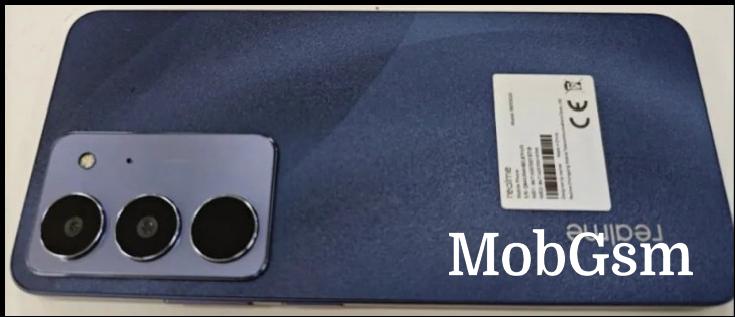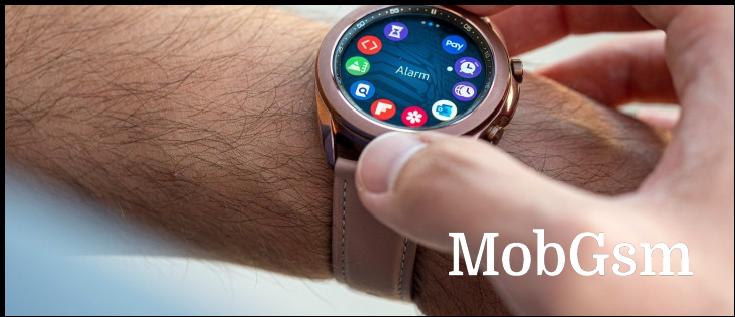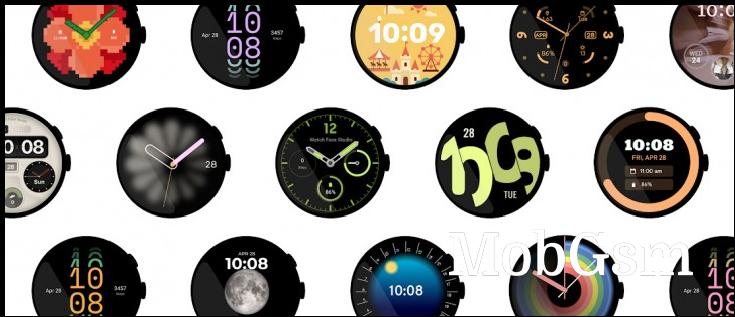Wear OS 4 goes stable, it's coming to original Pixel Watches later this year

The Pixel Watch 2 was announced this week and it brings with it the new Wear OS 4. There should be an asterisk next to “new” – we’ve already seen Wear OS on the Galaxy Watch6 series, though that was the heavily customized Samsung interpretation of the new OS.
Anyway, the Watch 2 will run the new OS from the get go, original Pixel Watches will receive it as an update later this year. In the meantime, developers can use Galaxy Watches to test their apps.
One thing they might want to try out is the Watch Face Format – this was co-developed with Samsung and let’s developers define the appearance and behavior of watch faces in XML. There is no executable code involved, Wear OS will handle rendering the watch face instead. This means that devs don’t have to worry about code optimizations and battery performance.
 Watch faces created using the Watch Face Format
Watch faces created using the Watch Face FormatWear OS 4 also brings version 1.2 of the Jetpack Tiles library, which includes new animation features and data bindings – a simple way to show up-to-date data in your app (e.g. the number of steps taken today that automatically updates).
Switching to new hardware is easier with cloud backup and restore. For example, when upgrading from a Pixel Watch to a Pixel Watch 2, you will be able to pick which apps and files should be transferred. Or if you’re upgrading to a new phone instead, you can now transfer the watch without having to do a factory reset.
 Transferring watch data to a new phone is much simpler now
Transferring watch data to a new phone is much simpler nowNote that Wear OS 4 is based on Android 13 whereas Wear OS 3.5 was based on Android 11. There have been a couple of major changes since then (e.g. no more 32-bit support), so devs should ensure that their apps work on the new OS.
They can do that with the Wear OS 4 emulator, by using the new Pixel Watch 2 (and soon the original Pixel Watch) as well as other v4-compatible watches.










